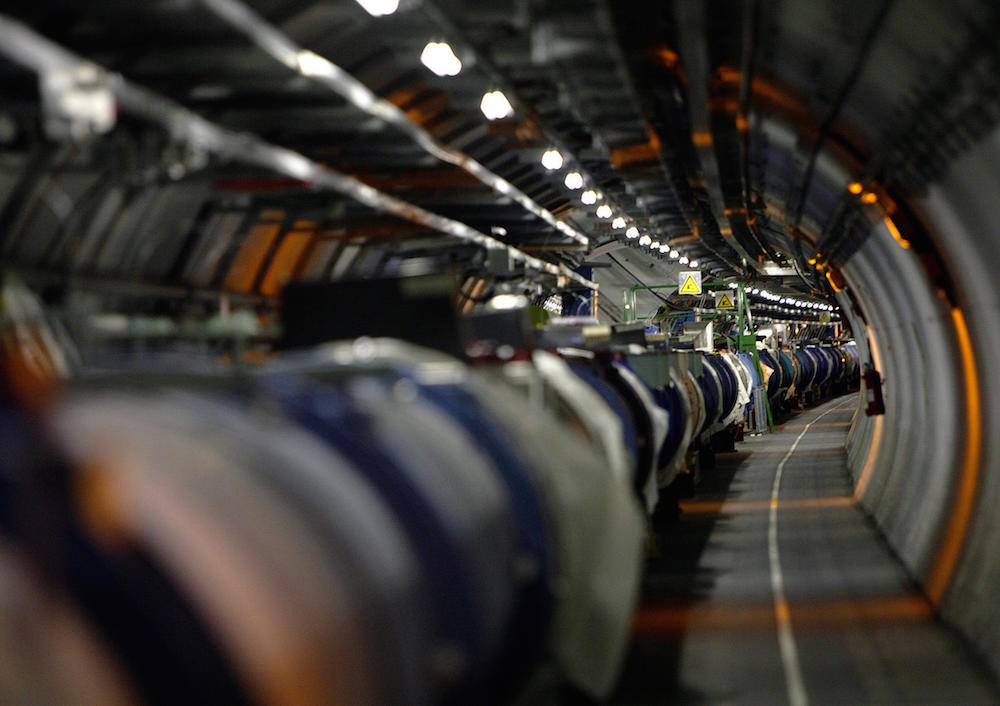CERN Ends Collaboration with Russian Specialists Amid Controversy
Others are reading now
The European Organization for Nuclear Research (CERN) will end its collaboration with all specialists affiliated with Russian research institutes, effective November 30, reports Hotnews.
This decision means that Russian scientists will lose access to CERN’s data starting December 1, 2024, and must return their residence permits for France or Switzerland by that date or face expulsion.
However, CERN will continue its collaboration with the Unified Institute of Nuclear Research (JINR) in Dubna, Russia, located 120 kilometers from Moscow.
This partial continuation of collaboration has sparked controversy among CERN researchers.
Also read
A “big mistake”?
Some, like Boris Griniov, Ukraine’s representative on the CERN council, argue that maintaining ties with JINR is a “big mistake.”
Critics, including physicist Hannes Jung from DESY in Hamburg, warn that removing Russian specialists may create a void that cannot easily be filled.
Despite this, CERN management believes the transition will be manageable, noting that around 90 Russian scientists have already found positions in institutions without Russian ties.
Russia, while never a full CERN member, contributed about 4.5% of CERN’s budget annually, a shortfall that other member countries will need to cover.
A decision that’s been long debated
The decision follows a year of internal debate and external criticism over CERN’s stance on Russia.
ITER, a major international fusion project, and the European XFEL laser institute have retained some form of collaboration with Russia.
However, Ukrainian physicists at CERN argue that any collaboration with JINR, which they allege has military ties, is unacceptable given the ongoing conflict in Ukraine.


